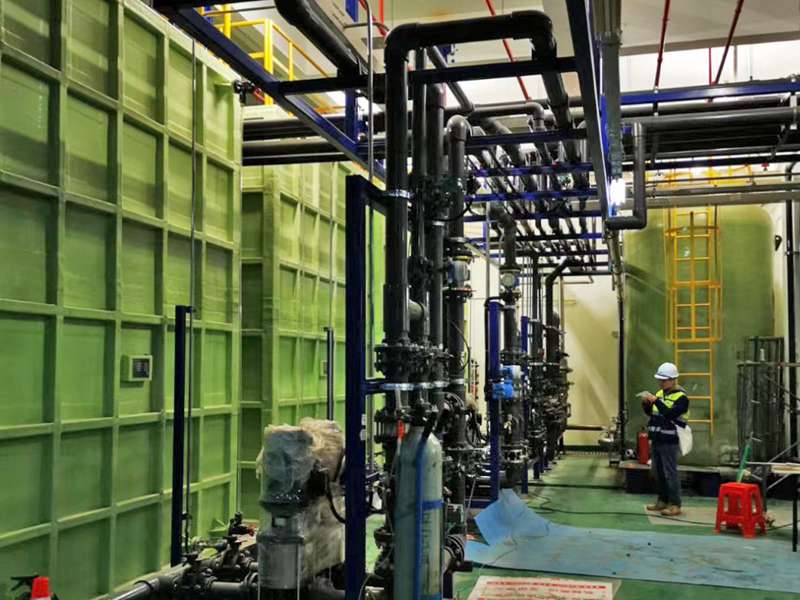
-
 Afrikaans
Afrikaans -
 Albanian
Albanian -
 Amharic
Amharic -
 Arabic
Arabic -
 Armenian
Armenian -
 Azerbaijani
Azerbaijani -
 Basque
Basque -
 Belarusian
Belarusian -
 Bengali
Bengali -
 Bosnian
Bosnian -
 Bulgarian
Bulgarian -
 Catalan
Catalan -
 Cebuano
Cebuano -
 China
China -
 China (Taiwan)
China (Taiwan) -
 Corsican
Corsican -
 Croatian
Croatian -
 Czech
Czech -
 Danish
Danish -
 Dutch
Dutch -
 English
English -
 Esperanto
Esperanto -
 Estonian
Estonian -
 Finnish
Finnish -
 French
French -
 Frisian
Frisian -
 Galician
Galician -
 Georgian
Georgian -
 German
German -
 Greek
Greek -
 Gujarati
Gujarati -
 Haitian Creole
Haitian Creole -
 hausa
hausa -
 hawaiian
hawaiian -
 Hebrew
Hebrew -
 Hindi
Hindi -
 Miao
Miao -
 Hungarian
Hungarian -
 Icelandic
Icelandic -
 igbo
igbo -
 Indonesian
Indonesian -
 irish
irish -
 Italian
Italian -
 Japanese
Japanese -
 Javanese
Javanese -
 Kannada
Kannada -
 kazakh
kazakh -
 Khmer
Khmer -
 Rwandese
Rwandese -
 Korean
Korean -
 Kurdish
Kurdish -
 Kyrgyz
Kyrgyz -
 Lao
Lao -
 Latin
Latin -
 Latvian
Latvian -
 Lithuanian
Lithuanian -
 Luxembourgish
Luxembourgish -
 Macedonian
Macedonian -
 Malgashi
Malgashi -
 Malay
Malay -
 Malayalam
Malayalam -
 Maltese
Maltese -
 Maori
Maori -
 Marathi
Marathi -
 Mongolian
Mongolian -
 Myanmar
Myanmar -
 Nepali
Nepali -
 Norwegian
Norwegian -
 Norwegian
Norwegian -
 Occitan
Occitan -
 Pashto
Pashto -
 Persian
Persian -
 Polish
Polish -
 Portuguese
Portuguese -
 Punjabi
Punjabi -
 Romanian
Romanian -
 Russian
Russian -
 Samoan
Samoan -
 Scottish Gaelic
Scottish Gaelic -
 Serbian
Serbian -
 Sesotho
Sesotho -
 Shona
Shona -
 Sindhi
Sindhi -
 Sinhala
Sinhala -
 Slovak
Slovak -
 Slovenian
Slovenian -
 Somali
Somali -
 Spanish
Spanish -
 Sundanese
Sundanese -
 Swahili
Swahili -
 Swedish
Swedish -
 Tagalog
Tagalog -
 Tajik
Tajik -
 Tamil
Tamil -
 Tatar
Tatar -
 Telugu
Telugu -
 Thai
Thai -
 Turkish
Turkish -
 Turkmen
Turkmen -
 Ukrainian
Ukrainian -
 Urdu
Urdu -
 Uighur
Uighur -
 Uzbek
Uzbek -
 Vietnamese
Vietnamese -
 Welsh
Welsh -
 Bantu
Bantu -
 Yiddish
Yiddish -
 Yoruba
Yoruba -
 Zulu
Zulu
Premium Tank Fiberglass Solutions for Durability and Performance
The Benefits of Fiberglass Tanks in Modern Applications
In recent years, fiberglass has emerged as a preferred material for tank construction across various industries. Its unique properties make it an ideal choice for storing a wide range of substances, from chemicals to water and waste. Understanding the benefits of fiberglass tanks can help businesses make informed decisions regarding their storage needs.
One of the most significant advantages of fiberglass tanks is their corrosion resistance. Unlike traditional materials such as steel or concrete, fiberglass does not rust or corrode when exposed to harsh chemicals or environmental conditions. This property is particularly valuable in industries like wastewater treatment, chemical processing, and agriculture, where tanks are often used to store corrosive liquids. The longevity of fiberglass tanks significantly reduces the need for frequent replacements, resulting in cost savings for companies in the long run.
The Benefits of Fiberglass Tanks in Modern Applications
Fiberglass tanks are also highly customizable. Manufacturers can create tanks in various shapes, sizes, and configurations to meet specific customer needs. This flexibility allows for tailored solutions that optimize functionality while fitting seamlessly into existing systems. Additionally, fiberglass can be produced in different colors, offering businesses the opportunity to maintain aesthetic standards or comply with industry regulations.
tank fiberglass

Furthermore, fiberglass tanks have excellent insulation properties. They can maintain the desired temperature of their contents, whether hot or cold, which is crucial for certain processes. This thermal efficiency contributes to energy savings by reducing the need for external heating or cooling systems.
Safety is another critical aspect of fiberglass tanks. Many modern fiberglass tanks are designed with secondary containment features, which serve as a preventive measure against leaks and spills. This is particularly important in industries dealing with hazardous materials, where containment of spills is crucial for environmental safety and regulatory compliance.
Moreover, fiberglass tanks exhibit low maintenance requirements. Their smooth surfaces are less prone to biofouling and sediment buildup, which simplifies cleaning processes. This low upkeep not only saves time but also enhances the overall efficiency of operations, allowing companies to focus on core activities rather than maintenance hassles.
In conclusion, fiberglass tanks are becoming increasingly popular due to their myriad benefits, including corrosion resistance, lightweight design, customizability, insulation properties, safety features, and minimal maintenance. As industries continue to seek efficient and durable storage solutions, the advantages of fiberglass tanks position them as a leading choice for both current and future applications. Investing in fiberglass technology today can lead to enhanced operational efficiencies and considerable long-term savings for businesses across various sectors.
Latest news
-
Exploring the Benefits of Top Hammer Drifter Rods for Enhanced Drilling PerformanceNewsJun.10,2025
-
High-Precision Fiberglass Winding Machine for GRP/FRP Pipe Production – Reliable & Efficient SolutionsNewsJun.10,2025
-
FRP Pipes & Fittings for Shipbuilding - Corrosion-Resistant & LightweightNewsJun.09,2025
-
Premium FRP Flooring Solutions Durable & Slip-ResistantNewsJun.09,2025
-
Premium Fiberglass Rectangular Tanks Durable & Lightweight SolutionNewsJun.09,2025
-
Tapered Drill String Design Guide Durable Performance & UsesNewsJun.09,2025









